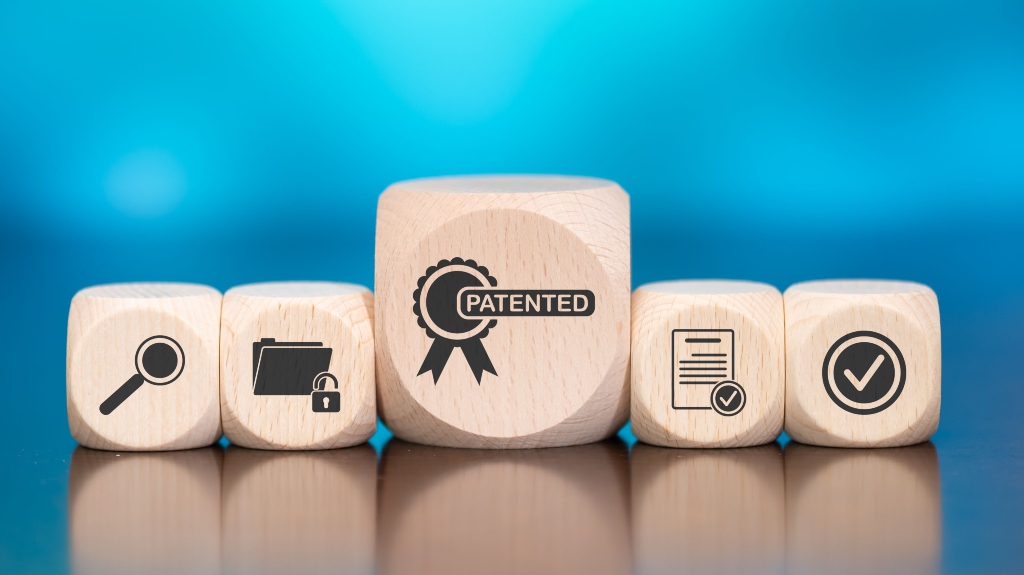You may be familiar with intellectual property law fundamentals, which encourage innovation and creativity by giving creators exclusive rights. While you may think that all IP laws fall under federal jurisdiction, that might not always be the case. In the event of an issue, do you take your case to the federal or state courts? Here is what you should know about what determines the legal parameters of intellectual property law.

Who Has Intellectual Property Law Jurisdiction?
The jurisdiction of IP law is a constantly evolving interaction between state laws, federal statutes, and the U.S. Constitution.
According to Article I, Section 8, Clause 8 of the U.S. Constitution, known as the “Copyright and Patent Clause,” Congress has the power to promote the advancement of science and useful arts by giving authors and inventors the exclusive right to their respective writings and discoveries for limited periods. As a result, this clause is considered the foundation for federal IP law, allowing Congress the power to pass laws to protect various forms of intellectual property.
Congress has enacted crucial federal statutes over the years to establish a uniform system for protecting intellectual property rights across the country. Some of the most significant ones include the following:
- The U.S. Copyright Act of 1976 is one of the cornerstone federal IP laws. This protection gives authors and creators the exclusive rights to reproduce, distribute, perform, display, and create derivative works based on their creations. Along with that, it also establishes a framework for registration, remedies for infringement, and defenses such as fair use.
- The U.S. Patent Act grants inventors exclusive rights over their inventions for a limited period. The U.S. Patent and Trademark Office (USPTO) oversees the patent system and examines patent applications to determine their novelty, non-obviousness, and usefulness.
- The Lanham Act, officially known as the Trademark Act of 1946, protects trademarks to help businesses to protect their brands and prevent consumer confusion in the marketplace.
What About Trade Secrets?
Many trade secrets holders rely on the Uniform Trade Secrets Act (UTSA) to offer protection and provide remedies for misappropriation and theft of trade secrets. Currently, only 47 states and Washington, D.C., have adopted the UTSA into their state laws. Holders also have another layer of protection with the Defend Trade Secrets Act of 2016. Under these laws, it is a violation of federal statutes to steal a trade secret and use it for foreign or interstate commerce.
Which Court Will Hear Your Case?
Federal courts are the main venue for litigating IP matters, especially copyright infringement cases, which fall under federal copyright law. However, state courts may handle IP-related disputes under certain circumstances when federal jurisdiction is not applicable or involves state law. State courts may address contractual disputes related to IP, ownership rights, or enforcement of non-competition agreements involving intellectual property.
The interaction between state and federal IP law does present many challenges. For example, the preemption doctrine mandates federal law to override state law in specific areas. If there is a conflict between federal and state laws, federal law takes precedence, and state law regarding the matter becomes invalid. However, even in areas where federal and state laws can coexist, conflicts may still arise, requiring the courts to navigate and resolve them carefully to ensure consistent and fair application of IP rights.
Learn More About Intellectual Property Law Jurisdiction
So which court has jurisdiction in intellectual property law? While there are clear regulations, it can still be confusing to understand the complexities of these laws. If you have an intellectual property issue, you need an attorney who can help you guide you through these complex and complicated laws. BOAG Law is here to help. We can assist you with all types of intellectual property issues. To learn more about our services, contact us online or call 212-203-6651 for a consultation.